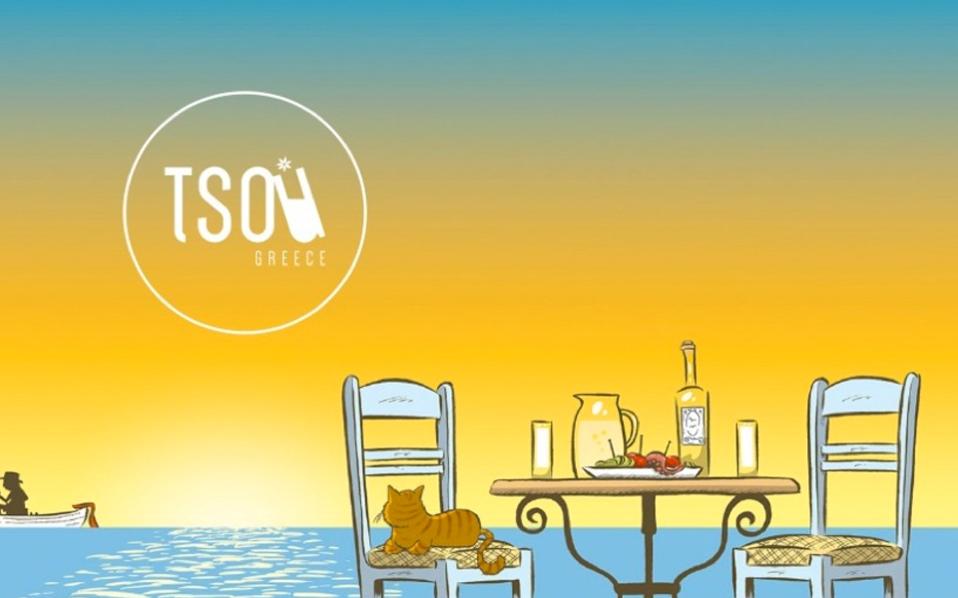Banging the drum for ouzo

Literature scholars believe the name ouzo to come from the ancient Greek verb “to smell,” or “ozo.” Romantics prefer to think it comes from the phrase “Ou zo,” or “Without this I can’t live.” Others see its roots in the Turkish word for grape, “uzum,” and others say it can be traced back to a story about a Turkish consulate doctor in Thessaly in the 18th century who tasted the local raki and cried out, “But this is uso di Marsiglia!” The phrase, meaning “for use in Marseilles,” was at the time stamped on crates of silk worm cocoons exported from Thessaly to major merchants in the French port, and had become synonymous with any product of excellent quality.
All this fascinating information and more is available on the website, tsou.gr, an online temple to ouzo. Created by ouzo fan and collector of rare bottles of Greece’s national drink, Haris Bekris, it aims to become a platform that will bring together friends of the aromatic spirit from all over the world.
“It all began some 20 years ago when I first started collecting ouzo labels,” says Bekris, who works for the Public Power Corporation on his native island of Syros.
“I launched the first version of the site in 2007, when I had 600 different labels and wanted to strengthen my collection, by reaching out to other collectors and spirit producers,” he says, adding that last year he decided it was time for his hobby to take a more “professional” form, while maintaining its nonprofit character.
The purpose of tsou.gr is to help create a new, worthy image for ouzo today by showcasing the drink’s particular qualities and history and developments in the spirits market. The key aim is to draw up a global ouzo map, starting with production locations in Greece and Cyprus (the only two countries that have the right to produce the drink under this name as it has a protected geographical indication), and then, with the help of visitors to the site, to locate points where ouzo is sold and consumed in other parts of the world.
“It would help, say, a resident of Munich find out where he can buy or enjoy ouzo within a 10 kilometer radius of his home, whether there are bars or restaurants serving it. In this way, we can contribute to the promotion of exports to existing and also to new markets,” says Bekris.
The site currently provides extensive information on each of the 500-plus labels produced by around 200 ouzo distillers in Greece and Cyprus, which are categorized according to their alcohol content, type of distillation and production region. Soon, users will be able to add information of their own on the products and also rank them.
After decades of being considered a low-quality drink, ouzo has experienced something of a rebirth in the past few years.
“It’s getting a new lease on life,” says Bekris. “Now we want to acquaint the younger generations with it, to show them that it’s so much more than bouzouki music and the classic staid brands.”
To get his campaign started, Bekris has already made a proposal to a major distillery on the island of Lesvos to become a sponsor for the Syros Jazz Festival, which begins on September 7.





